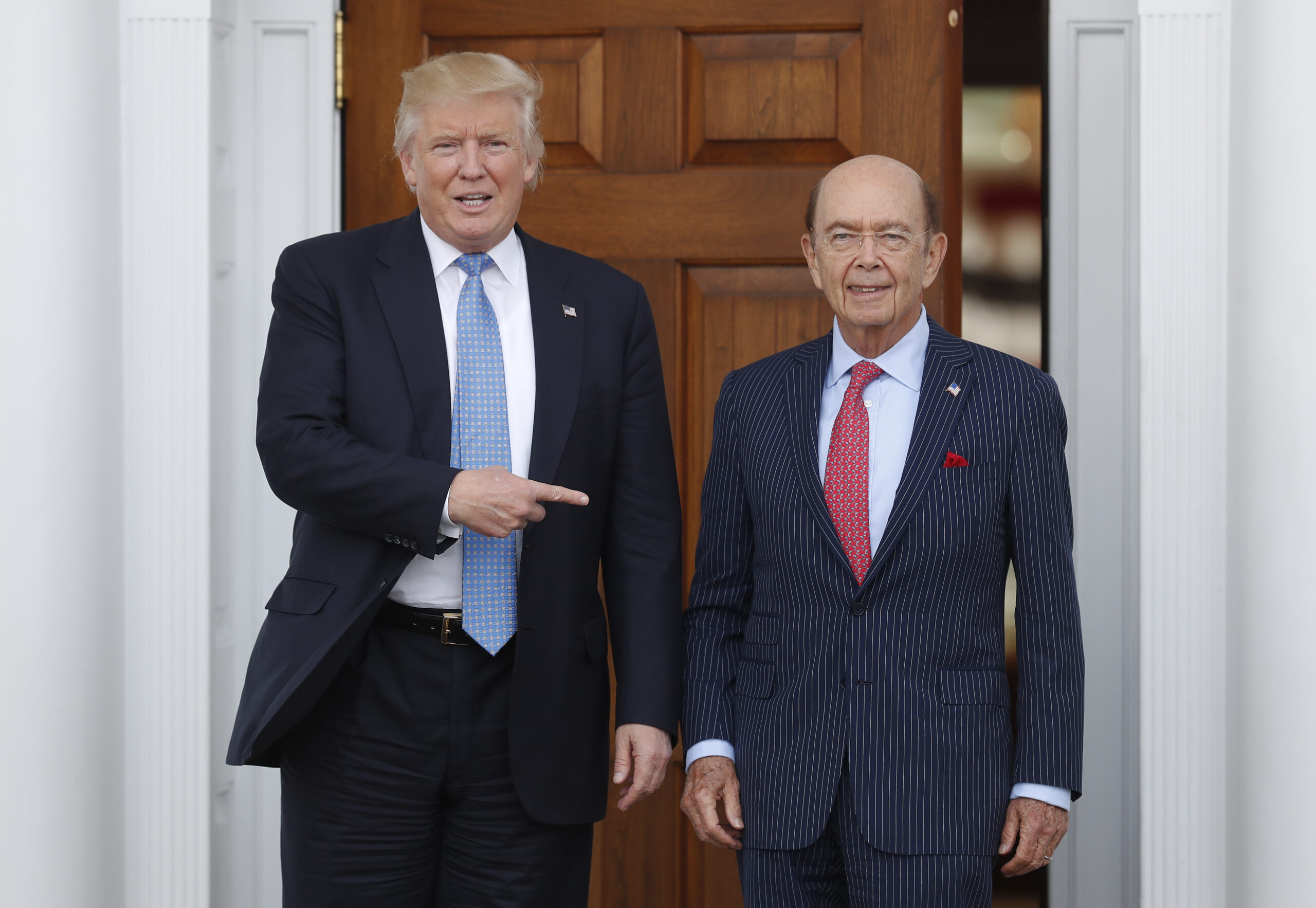President-elect Donald Trump is considering an early executive action to impose tariffs on foreign imports.
Much to the consternation of one of the Republican Party’s staunchest bases — the business community — the Trump transition team reportedly wants to spur American manufacturing by making good from other countries more expensive, according to CNN.
It’s consistent with the anti-free trade theme that was a staple of Trump’s campaign rhetoric — one that he has advocated as far back as the 1980s. At the same time, it would go against the economic ideology of the Republican Party establishment, including House Speaker Paul Ryan and Senate Majority Leader Mitch McConnell, and would make Trump the first protectionist president since Herbert Hoover was voted out of office in the middle of the Great Depression.
Trump not only opposes the Trans Pacific Partnership, which he is expected to kill upon taking office, but also the North American Free Trade Agreement with Mexico and Canada. He has also criticized China and Japan as nations that allegedly pursue trade practices which ultimately hurt American workers and manufacturers.
Reince Priebus, Trump’s impending White House chief of staff, initially told Washington insiders that the Trump team was considering a 5 percent tariff on imports, according to CNN. Two sources from the business community reported that “the reaction was one of fierce opposition,” with Republican leaders and business interests alike warning that doing this could cause trade wars and alienate important allies.
The intense backlash didn’t stop the Trump team from its tariff idea. Commerce secretary nominee Wilbur Ross had to defend new tariffs before he was chosen.
“This $100 billion tax on American consumers and industry would impose heavy costs on the U.S. economy, particularly for the manufacturing sector and American workers, with highly negative political repercussions,” said talking points put together by a business community organization which were obtained by CNN. “Rather than using a trade policy sledgehammer that would inflict serious collateral damage, the Trump administration should use the scalpel of US trade remedy law to achieve its goals.”


